Meet the founders of Barehands, the purpose-driven label that helps to empower artisans, refugees and marginalised communities.
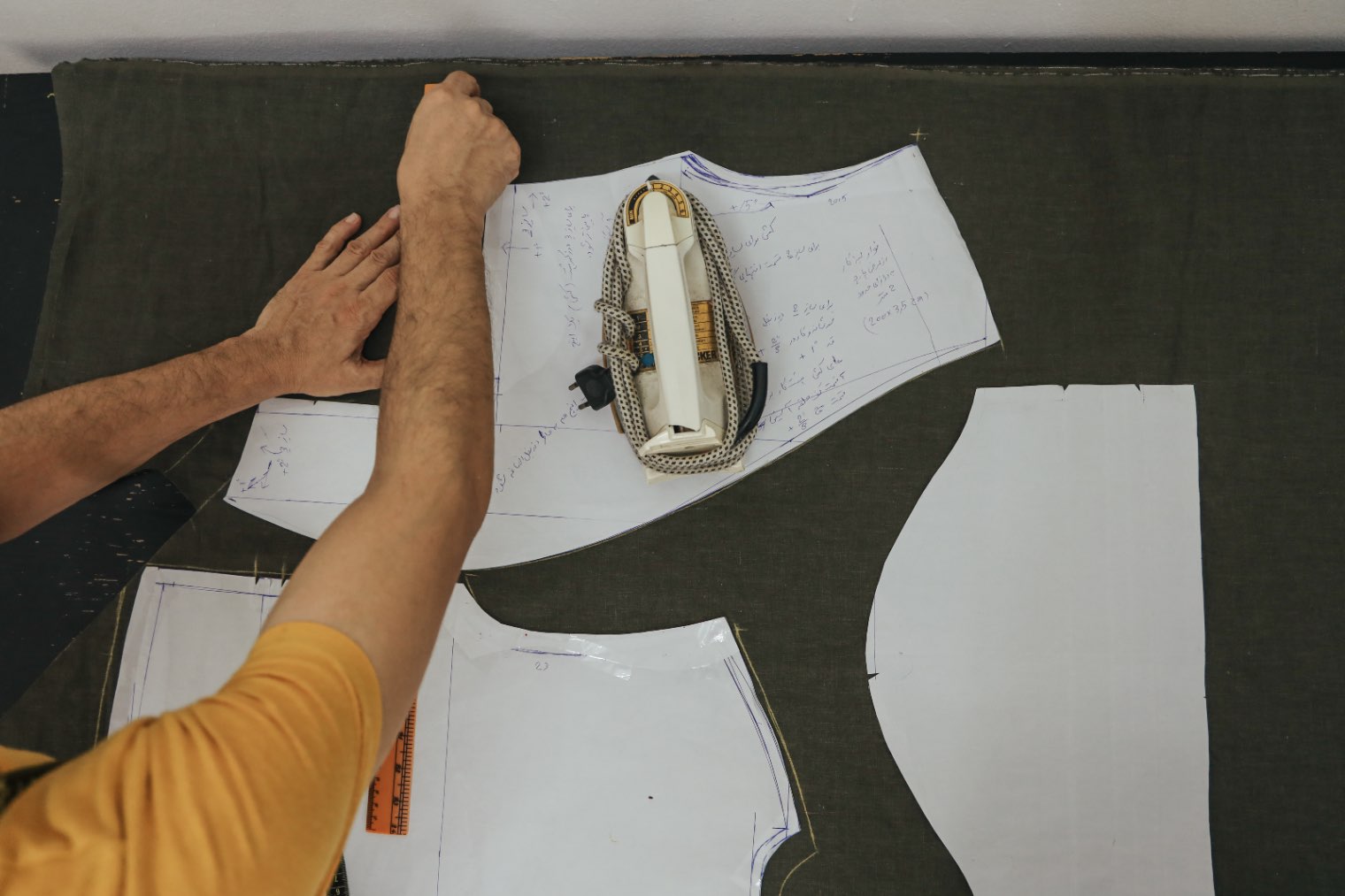
The clothes and accessories in Barehands are simple and unassuming. A sleeveless V-neck top and matching pants in Tencel linen blend offers breathable comfort while looking modern and chic. A pair of hand-woven open-toe leather slides is a sophisticated alternative to flip flops – perfect for relaxed outings or your next getaway.
But this is not your usual fashion boutique – there is a person and story behind each and every item. All apparel, jewellery, bags and shoes have been thoughtfully handcrafted (hence the name “Barehands”) and produced by artisans in small-producing communities or marginalised peoples.
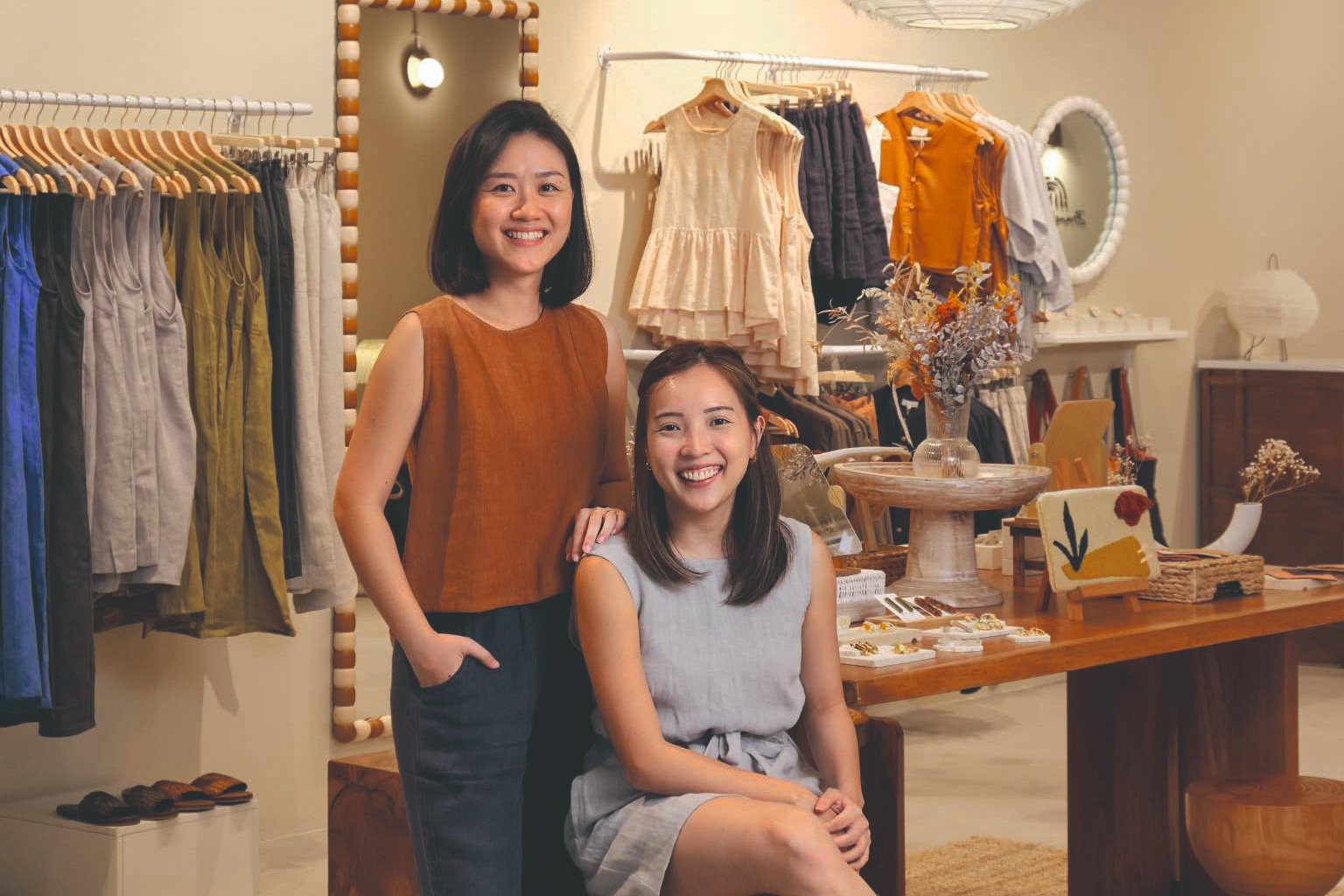
Barehands founders Germaine Lye (left) and Chanel Go
It’s a purpose-driven enterprise that Singaporean founders in their 20s and 30s – Germaine Lye, Mitchell Hong and Chanel Go – are passionate about.
From coffee to clothes
Barehands has roots in Myanmar when Lye, Go and another partner were there in 2011 to work on a sustainable coffee project. “We wanted to showcase the hands behind the high quality coffee in the country, and we had a cafe where we trained local youths to be baristas and give them employment,” says Lye.
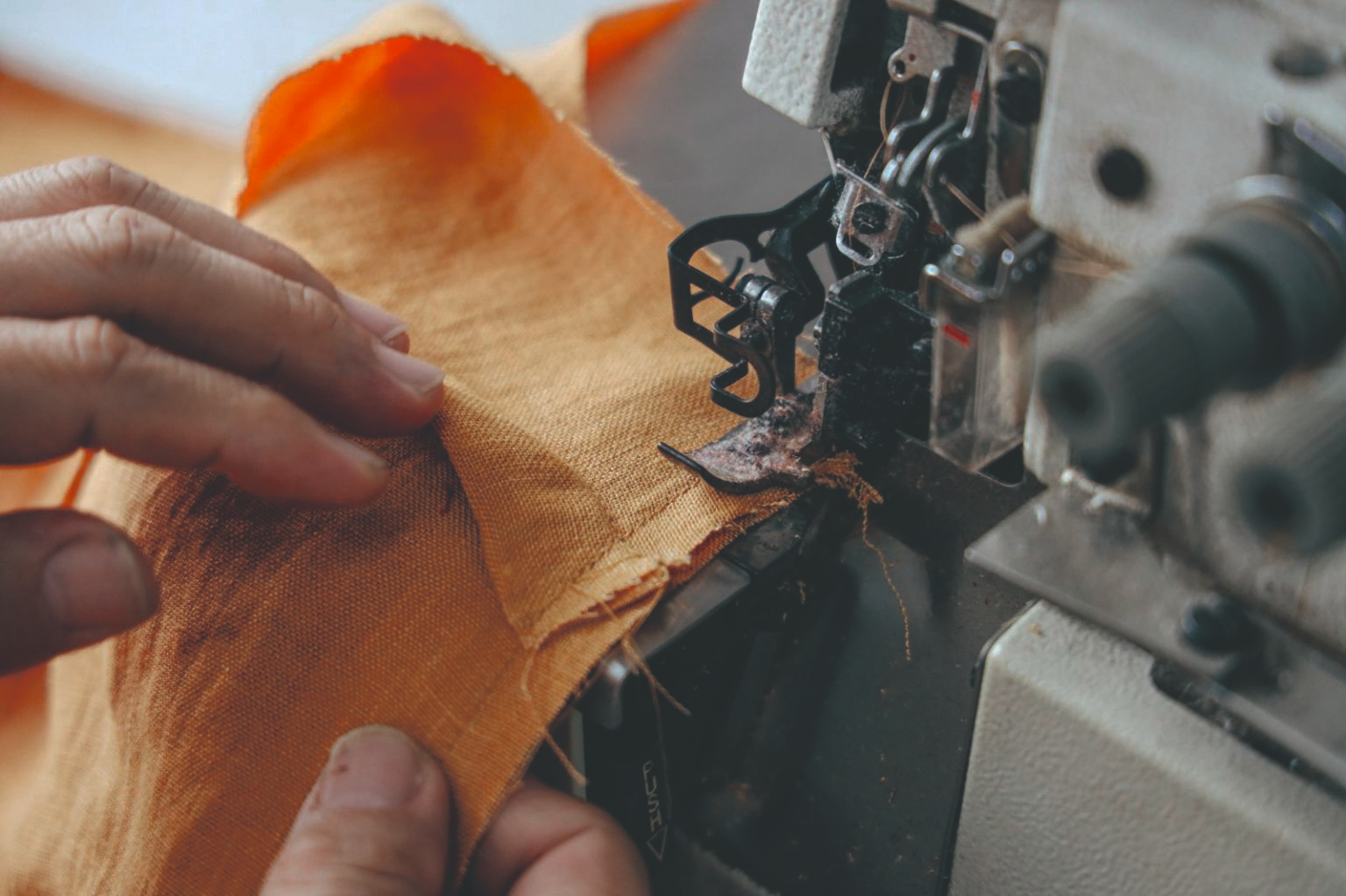
Go chimes in, “So I think that project was what got us all three talking, to expand the kind of impact that we’re trying to make, and not just in the agriculture space.” As they travelled to developing countries in Asia, they often came across exquisite handicrafts made by people living in rural communities. The friends realised that the craft sector was another big industry but many artisans, despite having the skills and know- how, go unnoticed as they don’t have the opportunities to showcase their products.
Making a difference
So four years ago, Barehands was founded with a mission to help artisans create stylish, quality products for the global market. The social enterprise works with marginalised communities to give them an avenue to showcase their skills and earn a living.
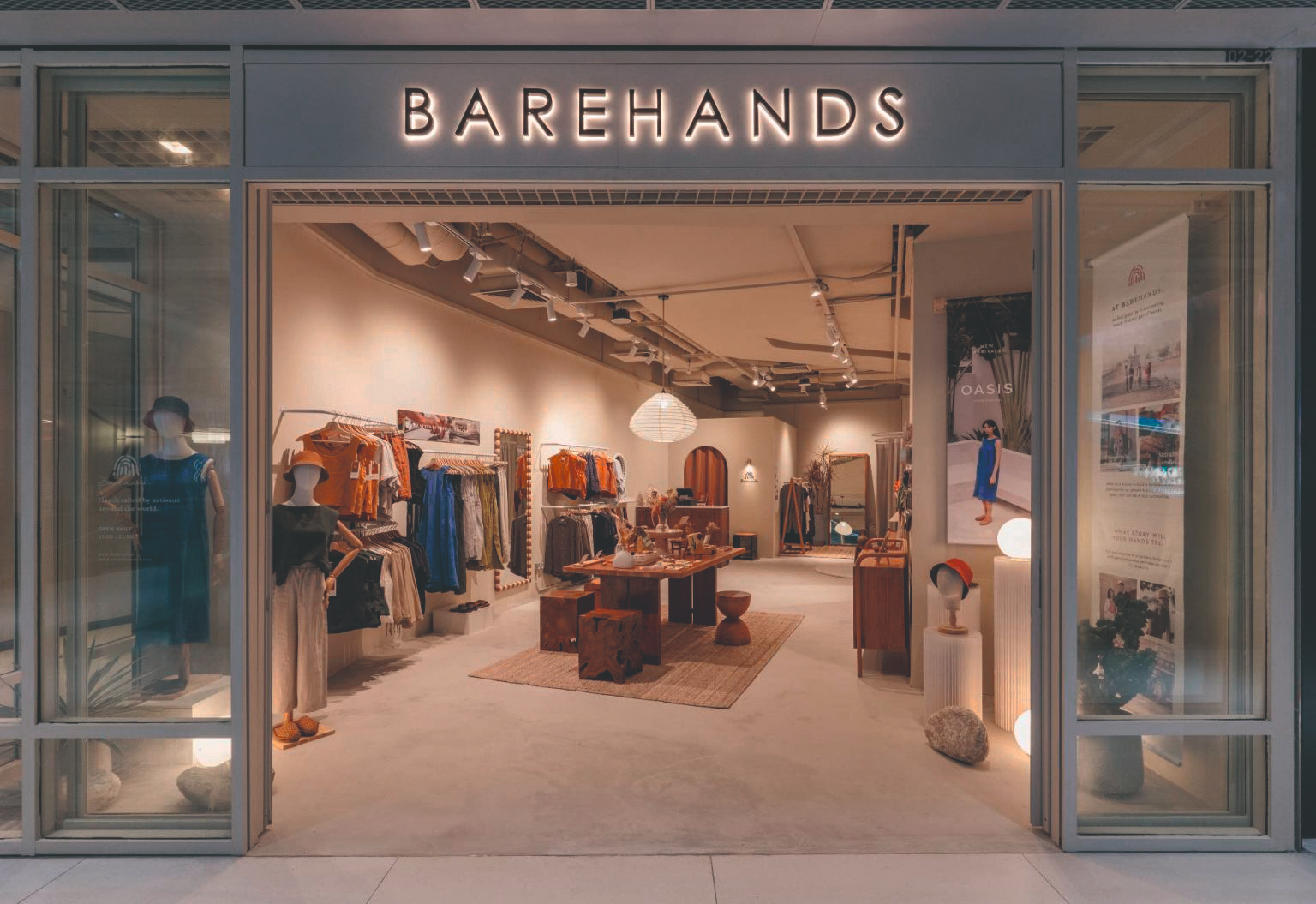
Previously limited to pop-ups and online, they have now opened their first physical store in Funan. “We realised that customers really enjoy trying on the clothes,” says Lye. “And because we also do sizing adjustments and customisations, that’s why I think having a [physical] store makes sense. It’s more of an omni-channel strategy where all of our designs are available online but if they prefer to try the sizes or do some adjustment, they can come to the store.”
Most of the apparel in the Funan store are made by Afghan refugees in Malaysia waiting to be resettled elsewhere. They cite “Mr JS” (his full name is not revealed) from the Refugee Sewing Community in Malaysia. A tailor for 30 years, every piece is handmade with his exceptional sewing skills.
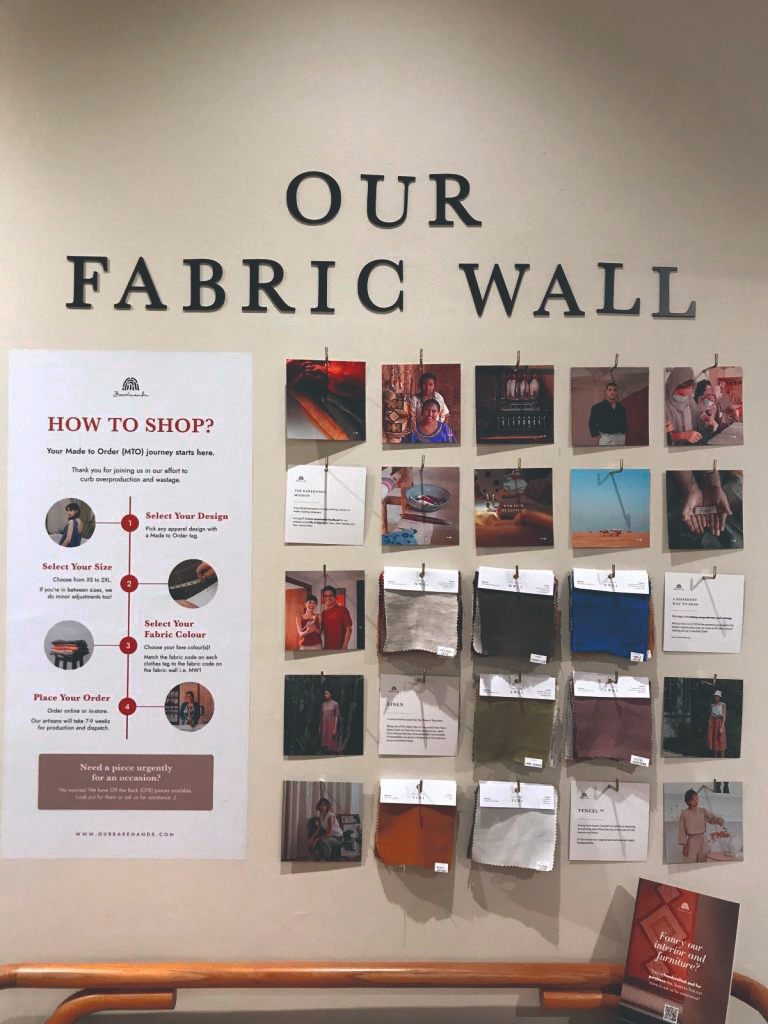
They point to a set of basic top and pants displayed in the middle of the store – clothes that “you can wear every single day” and that he actually worked on. “The meaning behind that is not about the product itself. It’s witnessing Mr JS grow his first collection to the ones we have right now. It just gives a bit more meaning to why we started it [Barehands] and the growth that we have witnessed,” says Lye.
(Readers will be pleased to know that since the interview, Mr JS and his family have finally found a new permanent home as citizens. After being refugees for about seven years, they have been accepted into a new home country.)
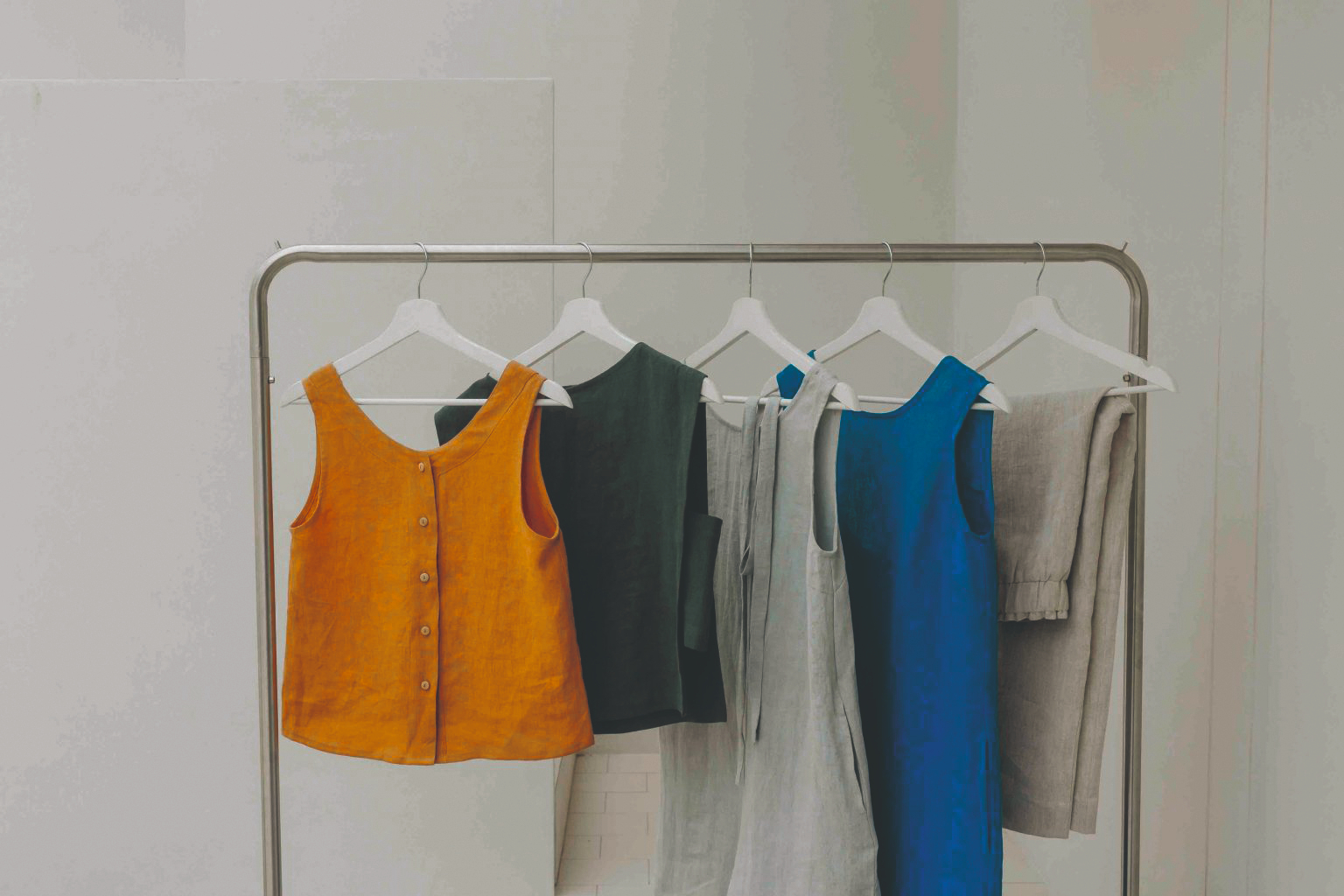
Barehands has also partnered with leather shoemakers in Karnataka, India, Wayuu weavers in Zulia, Venezuela, and the deaf community in Singapore, among others.
On equal footing
Unlike other businesses where a percentage of revenue or profits go to the artisans, Barehands places orders for the products and pays them upfront for the work they do. “We believe in an equal partnership, rather than having a benefactor/beneficiary kind of partnership,” says Lye.
In addition to helping them access regional markets, Barehands supports artisans in these communities with market-ready designs, sourcing quality materials and equipment, imparting business skills and know-how and financing.
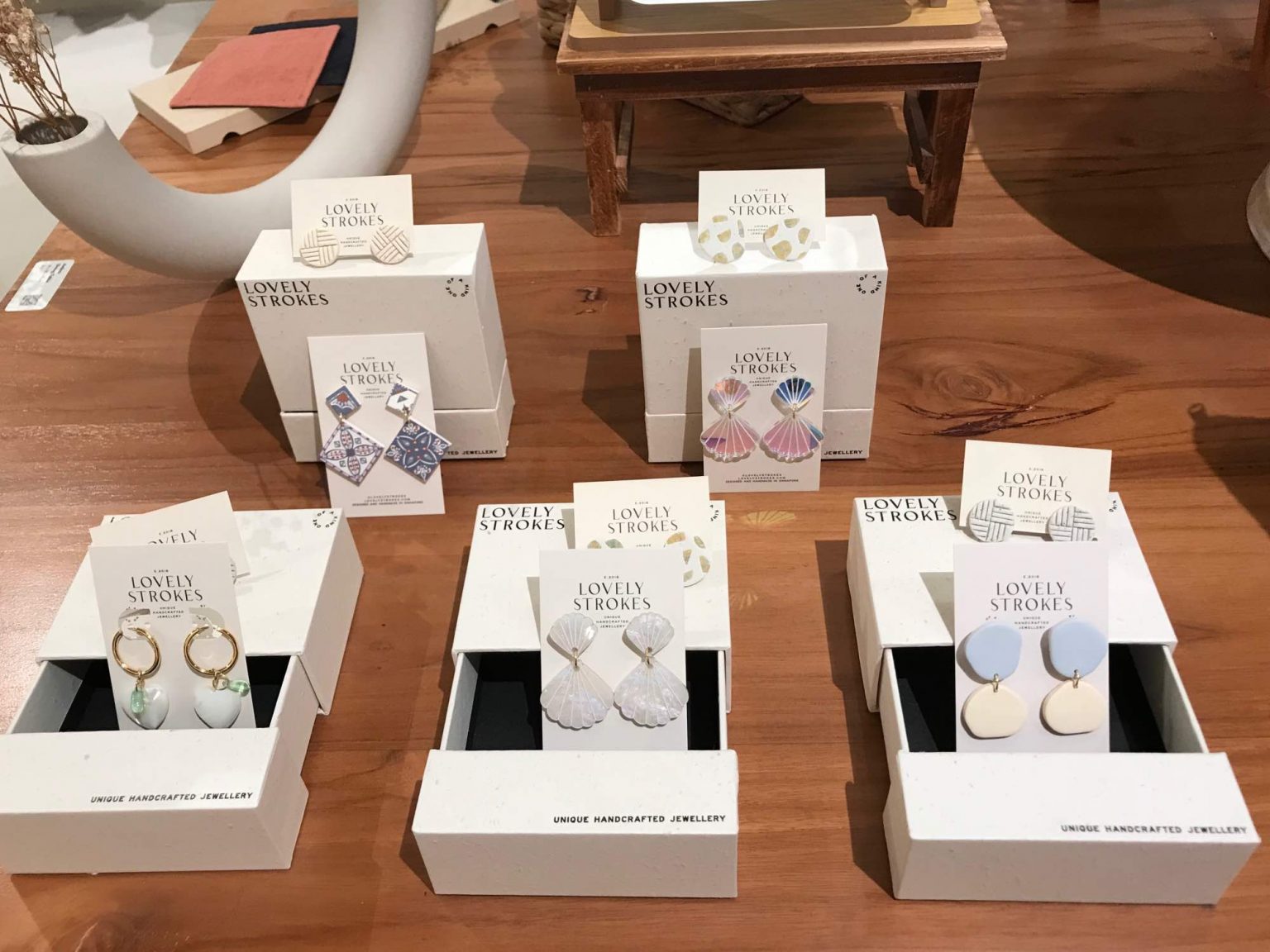
Designs are done in-house or in collaboration with local designers using natural fabrics like linen. While made-to-order clothes can take weeks, they say customers are not deterred as they support Barehand’s social objectives.
Due to the transitory nature of some groups, Lye and Go say they want to avoid over-relying on a particular community and are looking to reach out to more artisans in Asia, particularly those with sewing skills. Go explains, “It’s where a lot of manufacturing production is based, but oftentimes it can be very unethical. So we want to be part of the movement to change how manufacturing and production is being done in Asia.”
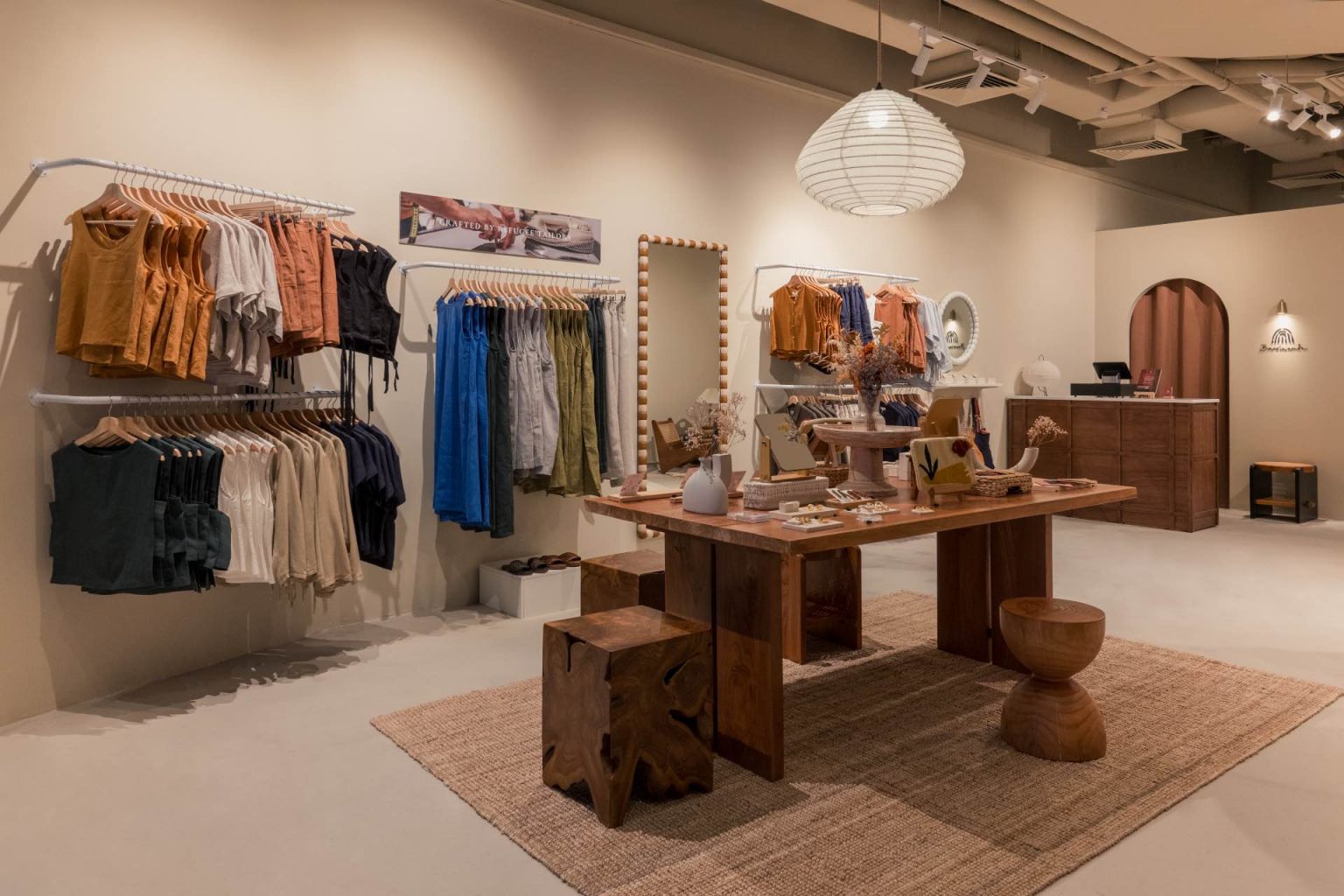
As for consumers, what else can they do besides buying the products? Go says customers who have skills like photography, design or even content creation are welcome to be part of the Barehands ecosystem. “But in general, just spread the word. Even if the style is not for you, you’d probably know someone who might like our brand.”
“Collaboration is at the heart of what we do,” adds Lye. “When there’s an opportunity, we want to reach out to people who are ready and willing to be part of our mission.”
Barehands is at Funan, #02-22, 107 North Bridge Road, Singapore 179105.



